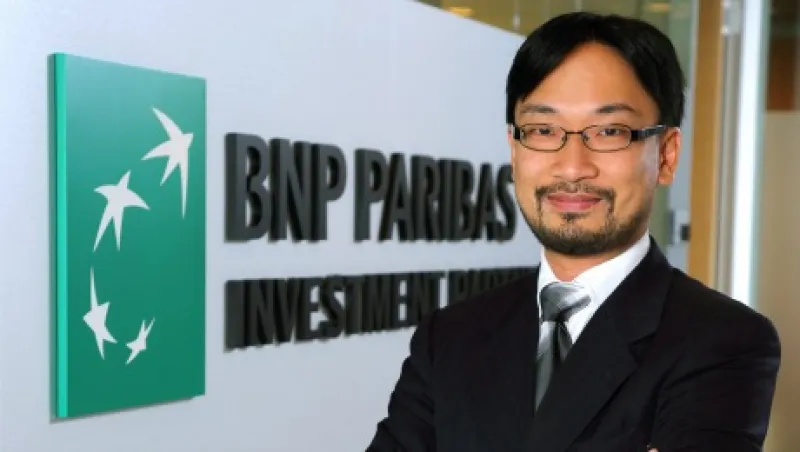The prospect of business-oriented policies from new governments in Indonesia and India makes those countries the most attractive Asian destinations for international investors, says Arthur Kwong, head of Asia-Pacific equities at BNP Paribas Investment Partners in Hong Kong.
Regardless of who wins the July 9 presidential election in Indonesia, businessman-turned-politician Joko Widodo or retired-general-turned-businessman Prabowo Subianto, the country will get a pro-business leadership that will drive growth forward, contends Kwong.
“Indonesia is becoming more attractive to foreign investors as China’s attractiveness as a destination for foreign direct investment is diminishing against a backdrop of rising political tension with its neighbors,” Kwong tells Institutional Investor. The investor manages more $2 billion in various funds, including Parvest Equity High Dividend Pacific, which was up 2.5 percent in the first six months of this year and 10.58 percent in the past 12 months.
Japan has traditionally invested heavily in China, but with anti-Japanese sentiment rising in China recently because of the countries’ dispute over the Diaoyu/Senkaku Islands, Japanese companies are shifting their attention to Indonesia, Kwong notes.
A recent survey from the Japan Bank for International Cooperation showed that Indonesia has become the top destination for foreign direct investment by Japanese corporations, replacing China, which fell to No. 4. Japan was the top foreign investor in Indonesia last year with direct investment of $4.7 billion, nearly double the $2.5 billion of the previous year, according to the Indonesia Investment Coordinating Board.
So far this year, the return on equity for the Indonesian stock market has been the best in the Asian region, reaching 20 percent, says Kwong. Indonesia’s performance exceeded that of India, the second-best market with a return of about 15 percent.
The best way to invest in Indonesia is through buying equity in the dominant players in key sectors, such as auto and cement, says Kwong. The top three players in the passenger car market, for instance — PT Astra and the local joint ventures for Japanese automakers Suzuki and Mitsubishi — have a combined 79 percent market share. In cement, the top three players control 87 percent of the market.
Kwong is also quite bullish on India. “Investors have been returning to Indian equities, buoyed by optimism over the election of business-friendly Narendra Modi to prime minster in May,” he says, noting that Indian stocks reached a record high earlier in June.
The victory of Modi’s Hindu nationalist Bharatiya Janata Party marks the first time a government has had majority control of parliament since 1984. “This gives the party the ability to implement reforms without having to compromise,” Kwong says. “We see Modi as India’s Deng Xiaoping — a strong leader who can usher in fast economic growth.”
Modi comes from Gujarat, which under his leadership sustained accelerated growth and came to be known as India’s equivalent to China’s fast-growing Guangdong province. The MSCI India index has rallied 16 percent year-to-date and is up more than 40 percent from last year’s trough.
“After effectively dealing with macro problems last year, regulators are now tackling micro issues such a nonperforming loans,” he says. “We are optimistic about the reform efforts and see upside for Indian banks. Credit penetration in the country is low, and we see room for banking credit to GDP to rise to 75 percent by 2019 from 53 percent now.”
Kwong hasn’t given up on China, where he is selectively buying equities of companies in the energy sector and the fast-growing Internet and mobile commerce sectors. “The time of easy growth brought about by economic reform is over, and China is now undergoing a more tricky period of reform,” Kwong says.
State-owned enterprises in China need to increase productivity and obtain more capital in order to move up to the next level of production, Kwong says, adding that reforms are coming and regulators are introducing various measures like telecom tariff deregulation and planning to lift price caps on low-cost drugs. He cautions that investors need to be patient because reforms may not deliver market dividends for some time to come. “The transition will take time, but we are confident that in three to four years’ time, after successful reform, China’s markets will start to look more attractive than they do now,” he says.
Get more on emerging markets.






